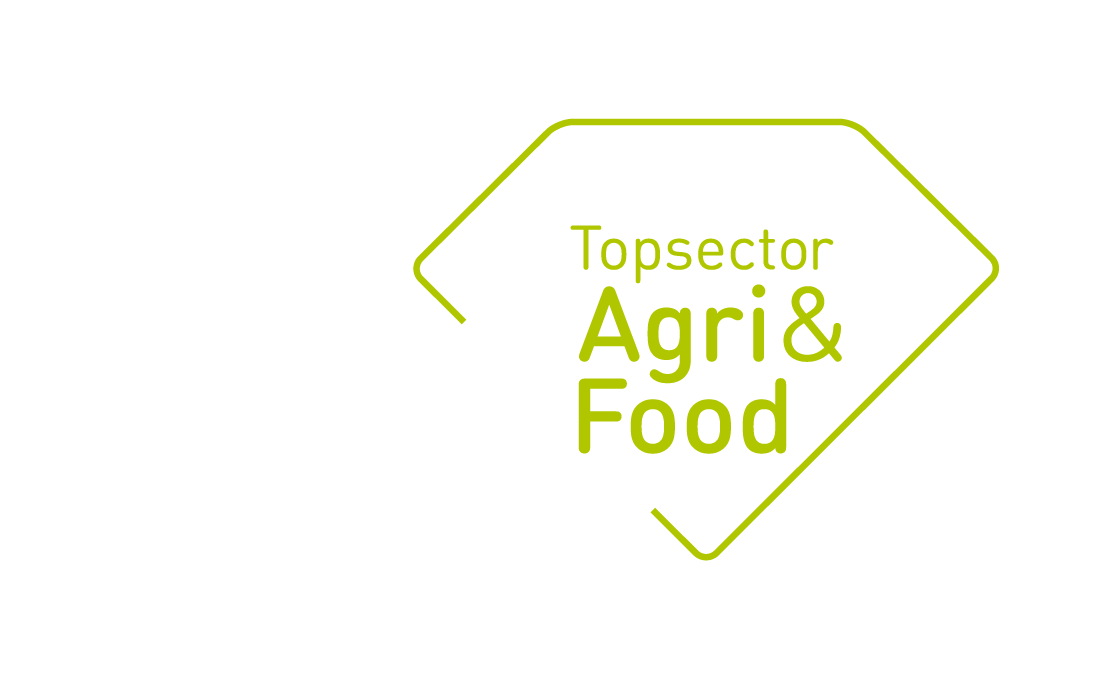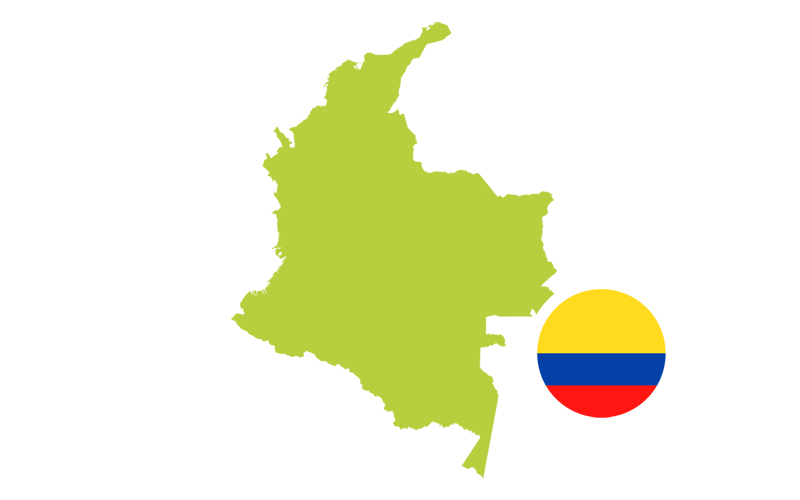Project title: Protein transition in Colombia; Insects as feed for a circular agriculture
Project number: SMP-2016
Requesting country: Colombia
Year: 2020
Budget: € 40,000
Project leader: Marcel Dicke
Knowledge institute: Wageningen University & Research
Project partners: Bestico, Chicken-Operadora Avícola, OPAV, Eggs-Aves Emaus, EntoPro, InsectoCycle, Trouw Nutrition, Universidad Nacional de Colombia
Summary
Among the major challenges that society faces are providing sufficient food for the rapidly growing human population (SDG2), alleviating poverty (SDG1), producing food in a sustainable way by limiting contribution to climate change (SDG13), conserving biodiversity (SDGs 14&15), through responsible consumption and production (SDG12). The development of a circular agriculture provides an important contribution to addressing the challenges mentioned above.
With the expected growth of the human population towards 9-10 billion people by 2050, a projected increase in global food production of at least 60 percent above 2006 levels is required. However, the food system is a major driver of climate change, so that reductions in food loss and waste are required as well. Current feed production for livestock competes with food production for humans (e.g. cereals and soymeal) or relies on resources that threaten biodiversity (e.g. overfishing for fishmeal). Moreover, soymeal and fishmeal are imported, non-circular and expensive feed components. For a novel circular and sustainable approach to feed production, insects provide excellent opportunities because various species can be reared on organic left-over streams. In recent years, insect production for feed has been initiated and this industry is expected to grow exponentially in the near future. Moreover, the production of insects as feed also provides important opportunities for improving livelihood of smallholder farmers and developing inclusive business and reduction in production costs.
The Black soldier fly (BSF, Hermetia illucens) is present in tropical and subtropical regions of the world. Larvae can develop on several waste streams including vegetable and fruit waste, animal manure and human excrements resulting in significant waste reduction and high nutritional quality insect biomass. Larvae can be harvested after ca. two weeks under optimal diet and temperature conditions. Amino acid content is high (1.3-12.8%), which is comparable with fishmeal (2.1-13.1%) and soybean meal (1.3-20.7%). BSF is not considered a pest and is not known as a vector of diseases. Adults are not attracted to human habitats and do not constitute a nuisance. These characteristics make BSF an attractive insect species for animal feed. Indeed, BSF nutritional composition is comparable to that of fishmeal and BSF proves to be a high-quality feed ingredient for fish, poultry and pig production.
Because BSF can be reared on various waste streams, including e.g. various vegetable waste, brewer’s spent grains, and waste streams from food industry, and because it upgrades these low-value waste streams into a high-value protein and fat source, the production of BSF provides an interesting component to circular agriculture. By providing a valuable protein source for feed, it makes a sustainable contribution to a food production sector that currently depends largely on soybean meal (competition with food production) and fishmeal (biodiversity issue) as protein source.
The production of BSF as feed has been initiated in various parts of the world, such as Europe, North America, Africa and Asia. However, so far initiatives in Latin America remain to be developed. Here, we propose to investigate the feasibility of producing BSF as poultry feed in Colombia (BSF occurs in Colombia). At present, protein sources (fishmeal, cornmeal and soymeal) for poultry in Colombia are imported. Colombia is among the top importing countries of protein sources for feed: with 1 billion US$ imports of corn meal, 1.5 million MT of soymeal (costing >700 Million US$, rapidly increasing) and 12000 MT of fishmeal are imported annually by Colombia. The production of BSF in Colombia will allow for local production of this important component of poultry feed and be an important start of protein transition towards circular feed production. Thus, private industry in Colombia is in need of locally produced cheaper protein sources and insect that can be produced in a circular way are an excellent alternative. However, fat content of the larvae is significantly higher (approx. 30% based on wet weight), so only a partial replacement of above-mentioned ingredients is possible, or a defatting procedure is required for higher inclusion rates.
Deel dit bericht


